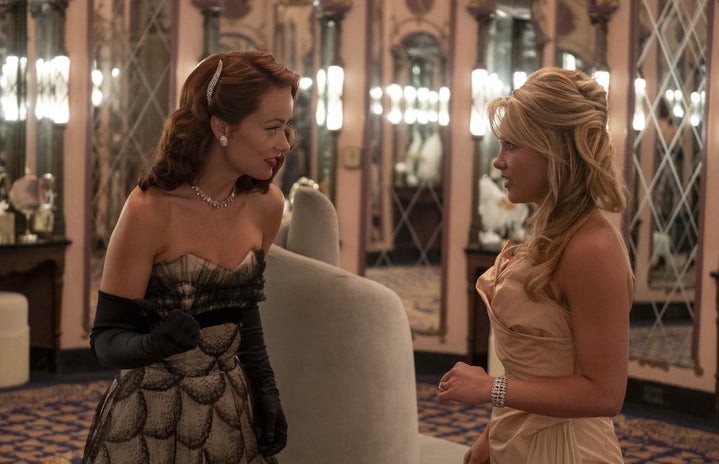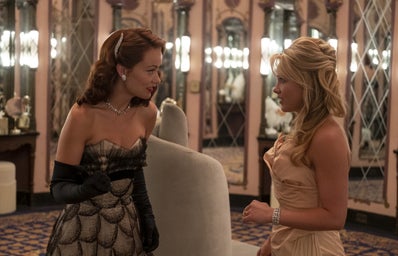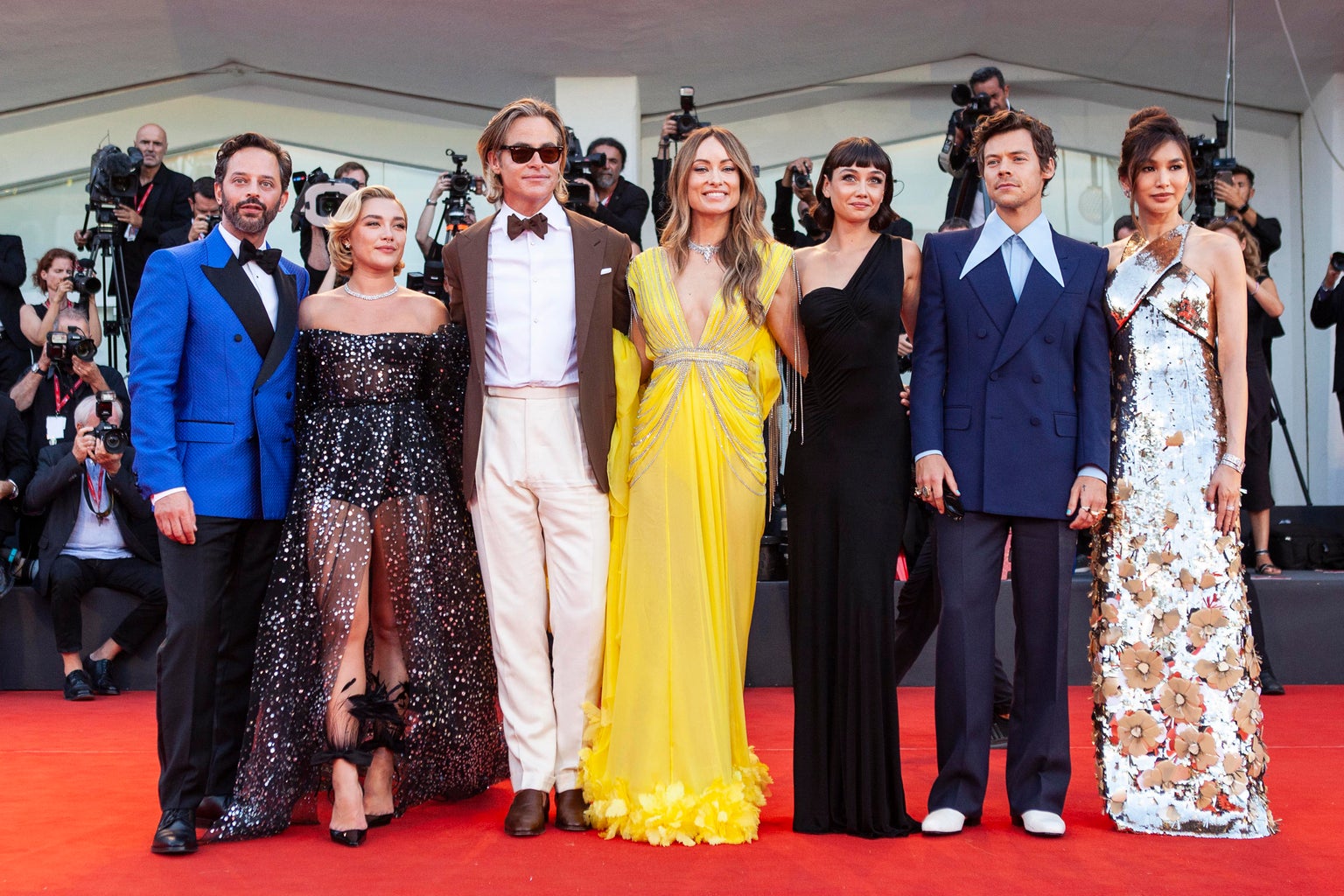For all the buzzworthy yet puzzling (to say the least) publicity “Don’t Worry Darling” has received, Olivia Wilde’s second directorial feature ultimately falls flat as a psychological thriller. Set in a pristine 1950s Californian desert cul-de-sac, “Don’t Worry Darling” demonstrates initial domestic bliss thanks to its vibrantly coloured set design, wardrobe, and lively musical score.
My grievance is with the film’s shaky screenplay. It wastes its opportunity to speak upon misogyny and women’s empowerment, repeats dream sequences with little to no meaning too many times, and leaves the audience bored for the majority of the movie. Ironically, the audience feels rushed during its underwhelming resolution due to such uneven pacing.
Luckily, Olivia Wilde saw Florence Pugh’s unforgettable performance in Ari Aster’s critically acclaimed Midsommar, as Pugh’s ferocity carried over to her stellar performance in Don’t Worry Darling as Alice Chambers. Pugh’s massive star power kept me watching, especially since the supporting cast – featuring industry gems like Chris Pine, Gemma Chan, and Nick Kroll – was barely onscreen to help Florence Pugh carry this movie.
Opposite her, Harry Styles embraces his first lead role as Alice’s husband, Jack. His performance was as expected for a mega-successful singer-songwriter with a small part in Dunkirk and an episode of iCarly on his acting resume. Having seen Harry Styles in concert, I have first-hand seen his charisma and magnetism. Unfortunately, this was not translated on screen, leaving me unconvinced about his budding acting career.
Although the visual storytelling was colorfully mystifying, Don’t Worry Darling remains a monochromatic, simplistic, and, unfortunately, forgettable thriller come awards season.


